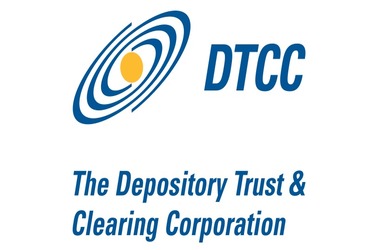
The Depository Trust and Clearing Corp., owned and managed by multiple large financial institutions, is actively involved in a project in which a distributed ledger such as blockchain is employed to process the credit derivatives trades. DTCC is the custodian of securities owned by investor and safeguards either of the transacting parties from going default.
Blockchain is a distributed computer-based ledger technology that facilitates a network of users to digitally store and distribute transactions. No centralized authority manages or administers transactions. There is no third party involved in a trade. Banks, financial service financial service providers, service companies, foreign governments and technology start-ups are increasingly exploring it.
Jennifer Peve, managing director of business development and the co-head of DTCC’s Office of FinTech Strategy, has posted the following on the company’s website “At DTCC, we acknowledge the disruptive nature of these technologies, and our goal is to explore their value to create more efficiencies while further reducing risk and cost for the industry.”
DTCC is testing a new platform for its trade data warehouse for credit derivatives, which frequently serve as insurance against loan default risk or other kinds of loan taken by enterprises or municipalities. It can be through credit default swaps or some other forms.
Peve said the overhauling of platform is being done to implement cloud-based storage and distributed ledger technology.
Peve said “By managing massive quantities of data in a much more efficient manner, it enables smoother business dealings and removes significant costs from the process.”
According to her, one of the advantages provided by distributed ledger is that the transaction data will be provided by a single source, avoiding a need for multiple “reconciliation” phases used by other systems.
The technology can advance further. She pointed out an October DTCC study that confirmed blockchain and other kinds of distributed ledger technology can handle more than 100 million average daily trading volumes in the US equity markets.
She said “If you can envision organizations looking to one single source of transaction data, versus copying that transaction data in multiple data stores within their organization, eliminating that reconciliation is really powerful.”